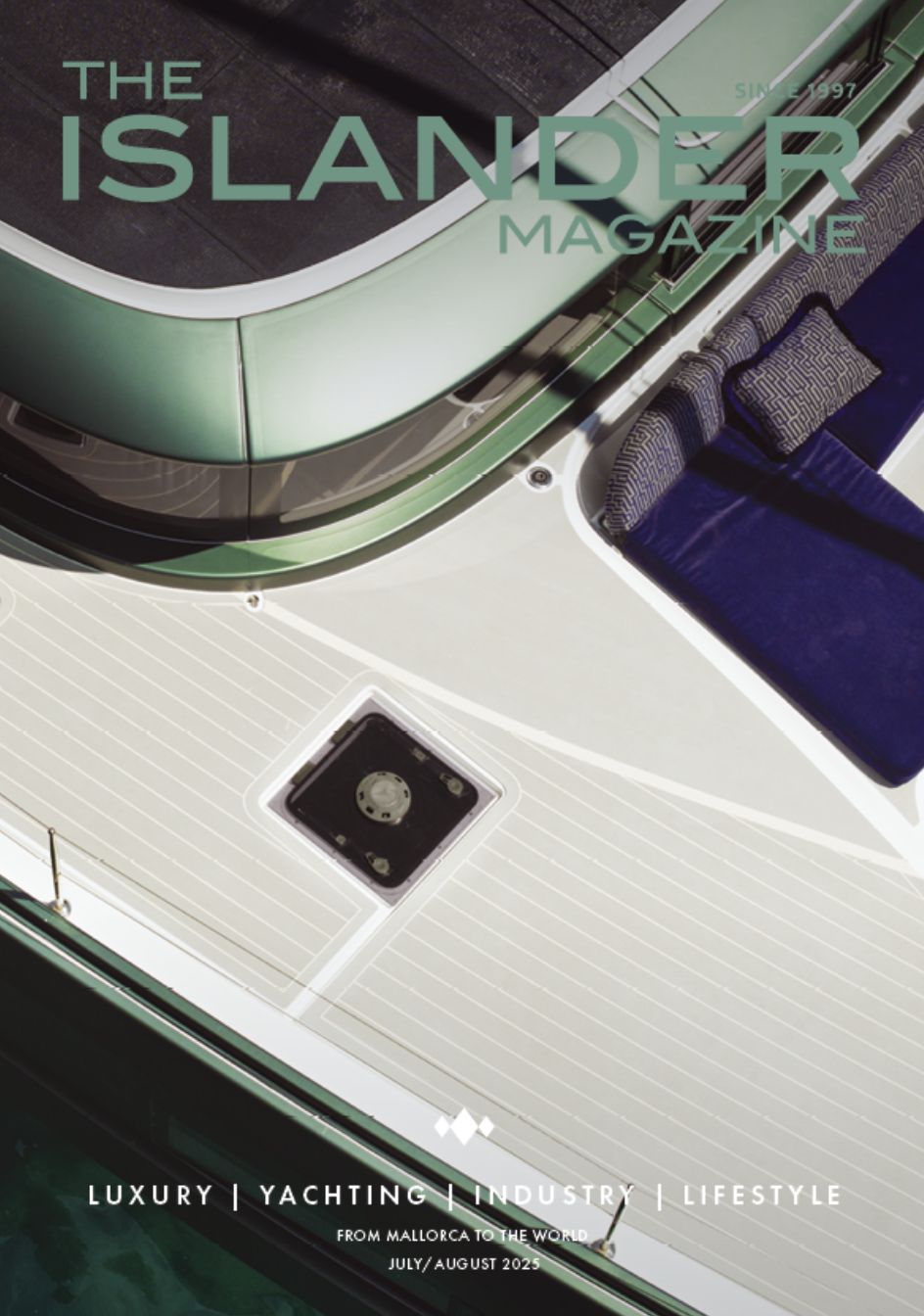So, the season’s over—what should you do with your yacht’s engine and systems? Here’s a current and essential guide to winterizing your yacht engine and keeping your equipment safe during the off-season, whether your vessel is ashore or afloat.
First: Will the boat be used at all during winter?
If your boat will remain in the water and see occasional use, your approach will differ from a full shut-down ashore.
If your yacht is laid up ashore
-
Change the engine and generator oil
Do this before the haul-out. Old oil contains corrosive by-products that shouldn’t sit all winter. Don’t forget the oil filters. -
Top off the fuel tanks
A full tank prevents condensation. Use a modern fuel stabilizer approved for marine diesel or petrol, especially for newer biofuel blends. -
Flush cooling systems
If you’re using raw water cooling, flush with fresh water and drain fully. Closed-loop systems (coolant) can typically remain, but check coolant levels and condition. -
Drain and protect the exhaust
Empty the waterlock and block air intakes and exhaust outlets to prevent damp air from circulating through the engine. -
Remove or protect the impeller
Take out the Jabsco or equivalent pump impeller to avoid permanent distortion over months of inactivity. -
Release tension on V-belts
Or turn the engine by hand monthly (ensuring fuel is off or stop switch engaged) to keep internals moving and avoid belt fatigue.
If your yacht remains afloat
-
Routine engine runs
Run the engine in gear under load every 2–3 weeks until it reaches full temperature. Alternate between port and starboard engines and generators to ensure everything stays lubricated and functional. -
Avoid light-load running
Don’t idle for long without a load—it’s not good for modern marine engines. Use onboard systems to simulate load if needed. -
Check sea strainers and seacocks
Make sure nothing blocks cooling water flow, and inspect for leaks or corrosion. Test seacocks regularly.
Battery care
-
Smart battery monitoring is standard now. If your system isn’t app-connected, at least maintain a trickle charge or use a smart charger.
-
Don’t let batteries fully discharge. Check electrolyte levels (if applicable), and never leave lithium or AGM batteries unmonitored for extended periods.
Final tip
Always refer to your engine’s service manual—yes, the actual handbook. Manufacturer-specific advice matters more than ever, especially for yachts with modern electronic diesel engines, hybrid systems, or lithium powerbanks.























0 Comments